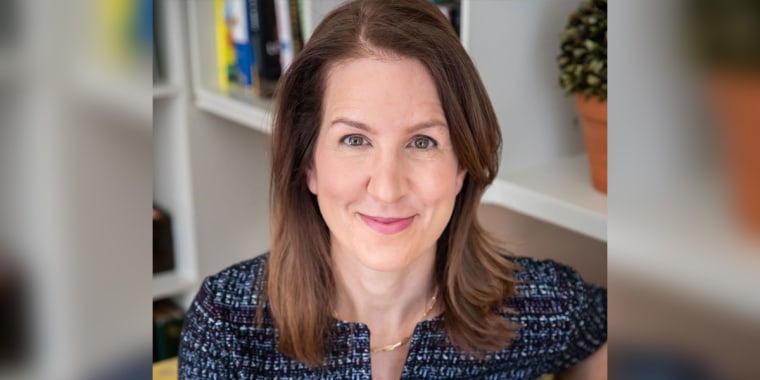Sarah is my patient. She is a 48-year old educator and mother of three with hypertension, heartburn and knee pain. Her medical problems have been shelved for over a year.
Caring for her elderly parents and shepherding her kids through virtual school have added a new level of stress. To cope, she has been overeating at night, relying on alcohol to relax and guzzling coffee to stay alert. Her medical problems have subsequently flared. She’s put on weight. Her knees ache. Her Ibuprofen use and coffee habit are exacerbating her acid reflux. Adding insult to injury, she’s ashamed to admit to herself — and to me — that she’s struggling.
How could she not feel undone? Covid-19 has stolen lives and taken jobs. It has caused widespread economic and social upheaval. It has disrupted our routines, challenged our relationships and put self-care last on the to-do list.
Women, in particular, have endured unique challenges during this global pandemic. We are caring for our kids, parents and households. We are working more and sleeping less. As caregivers, we tend to prioritize the needs of others over ourselves and inadvertently set ourselves up for distress.
Yet my patients commonly enter my office with peri-pandemic remorse, embarrassed they’ve gained weight, sheepish about their alcohol use, apologizing for missing their mammogram.
I get it.
The problem is this: it’s time for a checkup. It’s time to put our health at the top of the list. It’s time to leave shame at the door.
Here’s my prescription for you:
Recognize how normal you are.
We are wired for survival. When faced with a threat like Covid-19, our bodies naturally release stress hormones — cortisol and adrenaline — into our bloodstream. These neurochemicals allow us to run from danger; they can also make us feel anxious and sick. From jitteriness and heart palpitations to fatigue and insomnia, a body under stress can feel simultaneously wired and tired. When we understand the natural human reaction to stress and normalize our feelings, we can start to remove the stigma of suffering.
Quiet your inner critic.
No one is immune to the stress of the pandemic, doctors and healthcare workers included. No one had a playbook for the pandemic. Each of us is struggling in some way. When we name and normalize the emotional, behavioral, and physical manifestations of our lives upended, we can start to accept help.
Know that your doctor wants to help — not judge — you.
A doctor’s job is to provide a safe, non-judgmental space. It is to help you pivot from fear-based decision-making to fact-based behaviors by establishing trust, providing evidence-based advice, and acknowledging your unique social and emotional inputs. It is to reframe weight gain, for example, as a symptom of stress, not a sign of weakness. It is to provide nuanced guidance to manage the root causes of medical problems.
Ask for help.
Asking for help is a sign of strength. Accepting it opens the door to bettering your health. Your doctor is there to provide structure and support. When you get the advice and tools you need, you can start to take control of your health. When you replace fear with facts, you make healthier decisions.
Get vulnerable.
Bring your whole self to the doctor. Vulnerability is the birthplace of health. When we acknowledge our suffering and identify how our everyday stress affects how we think, eat, sleep, and relate to other people, we can begin to heal from the inside out. Instead of shaming and blaming ourselves, let’s acknowledge our lived experiences. Unmasking our internal reality and addressing the emotional roots of our physical issues offers us the opportunity to be healthier from the ground up.
Our health is in the balance – always, but this year every more urgently. Let’s treat ourselves with the empathy and kindness we deserve. Our health and well-being depend on it.
Lucy McBride, M.D., is a practicing internist in Washington, D.C. A trusted and recognized voice in patient care, she is the author of a popular COVID-19 newsletter working to increase awareness of the intersection of mental and physical health. Sign up on her website and connect with her on Twitter, Facebook, Instagram and LinkedIn.
